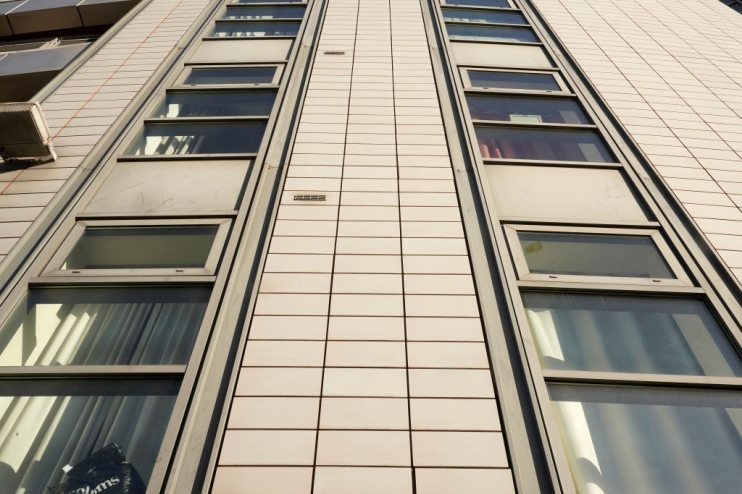Calls for at least £15bn funding for remediation works to tackle cladding crisis

The government has been called on to announce more funding to tackle the cladding crisis at tomorrow’s Budget.
Law firm Irwin Mitchell also called for measures including giving leaseholders up-front government funding for remediation works, with no repayment obligation.
While the government has announced £5bn to address the issue so far, the sum required is three times this, it has been predicted.
What’s more, more than half of an initial £1 billion cladding remediation fund has been claimed already.
The law firm has published a ten-point plan for the government and residential property sector to take action on cladding and fire safety concerns.
Among the points, Irwin Mitchell said access to funding for remediation works must be “made easier and faster,” with a minimum of £15bn needed.
Easier access to funding
“It should be available for all dangerous buildings, regardless of height, covering those under 18m as well as those over,” the law firm said.
Freeholders should also be given a statutory right to “install, maintain and charge” for new safety systems such as whole-building sprinkler systems and fire alarms.
“However, installation will reduce the need for Waking Watches and their associated costs, which typically fall on leaseholders. We should also follow the example of the Welsh government who have said they will fund fire safety surveys for all residential buildings over 11m with unsafe cladding,” the firm added.
The law firm also said special provision should be made for disabled occupants of high-risk buildings as quickly of possible
“Certification of safe building materials and methods must be similarly and radically overhauled, so that the failings exposed by the Grenfell Tower inquiry can never be repeated,” the firm said.
“Sub-contractors must not be allowed to substitute materials without rigorous approved procedures. Risk should not be watered down through the contractual chain to the point of no responsibility.”
Jeremy Raj, national head of Residential Property at Irwin Mitchell said: “Government measures, while a step in the right direction, don’t go far enough.
“And just trying to place the burden on the developers is not the answer either. Although some of the bigger players are able to ring fence funds for this purpose, others cannot afford to and many are struggling to pursue claims against suppliers and contractors for using unsafe materials, some of whom are no longer around.”
Regulatory failure
Raj blamed “massive regulatory failure, dangerous and unsuitable products, long complex and disjointed chains of responsibility and a system that demands the lowest possible prices at every stage.”
“There has also been a total failure of oversight and good estate management for many buildings up and down the country which has little if nothing to do with any current developers operating in the market,” he added.
It comes as the government has suggested the removal of dangerous cladding will take more than seven years after the Grenfell Tower tragedy. 72 residents lost their lives in the fire.
Providing work continues at the current rate, it will take a while to complete work on high-risk buildings, the Department for Levelling Up, Housing and Communities (DLHC)’s latest figures suggested.